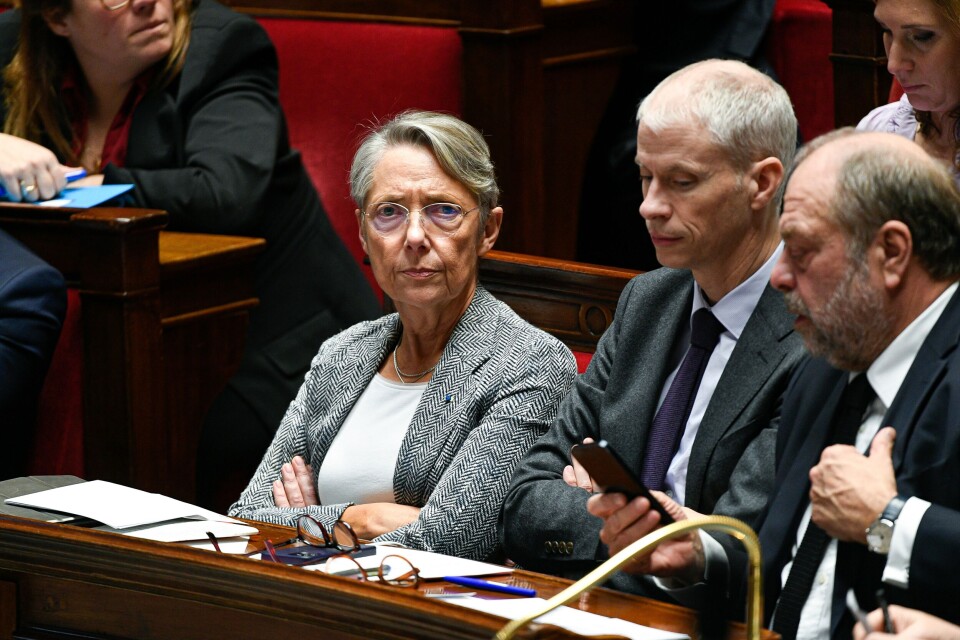-
Mysterious boom rattles residents in south-west France
Local community turns to social media for answers
-
France tightens reimbursement rules for flight delays or cancellations
New measures include mandatory mediation and new claim procedures
-
What snow conditions look like for skiers across French Alps and Pyrenees
Ski resorts are expected to get busier as school holidays begin this weekend
French PM survives two no-confidence votes over pension reforms
Élisabeth Borne and her government will continue in their roles. The pension reform has to now go before France's Constitutional Court before it can be adopted into law

Prime Minister Élisabeth Borne and her government have survived two no-confidence votes in the French parliament.
They were triggered after she pushed through controversial pension reform plans -- which include raising the minimum pension age from 62 to 64 -- without a vote.
The first no-confidence vote on Monday (March 20) was initiated by LIOT, a group of 20 left- and right-wing MPs, and had support from several different parliamentary parties. But it failed to get the necessary support, falling 9 short of the 287-vote majority needed.
The second no-confidence vote failed by a far greater margin. The far-right Rassemblement National had brought it before MPs but it only gathered 94 of the 287 votes needed.
The pension reforms now have to go to France's Constitutional Court before they can be adopted into law.
Il est presque 19 heures. Il y a quelques minutes, l'Assemblée nationale a rejeté par 278 voix favorables exprimées par les députés, sur les 287 nécessaires la motion de censure déposée par le groupe LIOT. La place de la Concorde est calme. #9voix pic.twitter.com/pQNugZP40D
— Pierre Bouvier (@pibzedog) March 20, 2023
The votes came after Ms Borne's use of the 49:3 article, which caused a considerable backlash.
Read more: Fury as French PM forces through pension reforms without a vote
The decision also sparked protests across France at the weekend (March 18-19) with some protestors clashing with police.
Read more: Strikes in France: dates and sectors expected to be impacted this week
If the no-confidence motions had succeeded, Emmanuel Macron would not have been at risk of losing his job as president. But the positions of Ms Borne and the government would have been in peril.
Mr Macron could have either named a new government or dissolved parliament and called new elections. The pension reform bill would also have been nullified.
Related articles
Strikes? New government? What’s next amid France’s pensions anger?
























